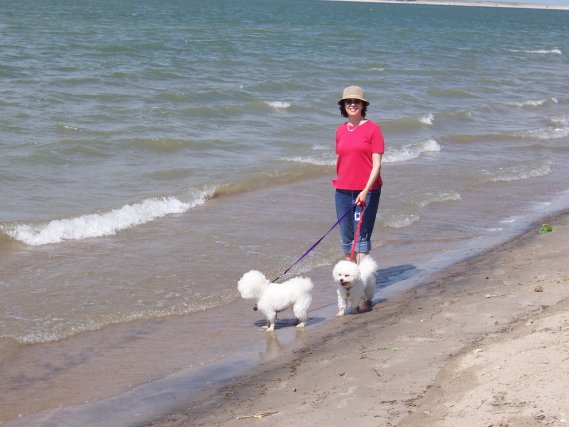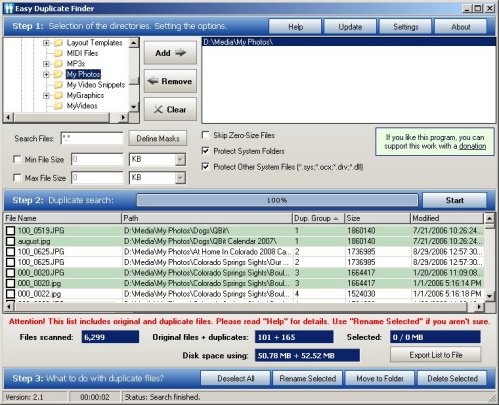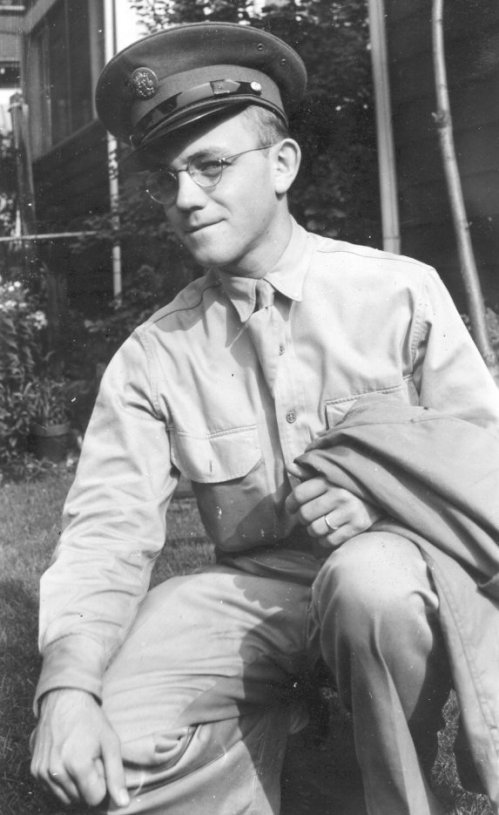
I generally don't go a whole week without posting here, but Carol and I began our summer trek out to Chicago this past Friday, and like a loon I left my Web presence thumb drive in my keyboard groove in Colorado. I have my backups with me, but they do not include the longish entry I prepared on the 26th, which you now won't see until I get back home.
Anyway. We're here again, in the land of Green River soda and two-section concrete basement washtubs. White Hen Pantry has been engulfed and devoured by Southland's 7-Eleven, but miraculously, the legendary White Hen coffee bar is still there in the converted stores and still good. The weather was fantastic on our leisurely three-days-and-two-nights journey; in fact, we did not encounter any rain until we were through Marengo, Illinois and only twenty minutes from Crystal Lake.
We drove from Colorado Springs to Kearney, Nebraska our first day out, and took a couple of hours to sneak up to Lake McConaughy and see how it's faring. The lake has been greatly diminished by a near seven-year drought, but this spring the rains started returning to western Nebraska, and the lake now has six feet of depth it didn't have last year. The water was still coldish: 69° on the white-sand north shore, and 74° on the brown-sand south shore (above), where northerly winds have apparently been blowing the warmer surface layer for some weeks. It was still as clear and clean as we remember, and we're planning on stopping for the night in Ogalallah on the way back for a little quality beach time. QBit and Aero both wanted to jump in, but since we still had 150 miles to go on Friday and didn't want to spend all of it in a car full of wet-dog smell, Carol kept them on a short leash and dried their feet before we loaded up and went on.
We spent our second night in Newton, Iowa, best known for being the home of the Maytag Corporation and its bored repairmen, at least until Whirlpool acquired them and shut the company down last year. Newton is one of those “pretty-how” towns that e.e. cummings used to write about, with a real Midwestern town square surrounding the 1911 stone courthouse and Jasper County offices. With dirt-cheap housing, near-zero crime, and lots of office and manufacturing space opening up, you'd think some forward-looking high-tech entrepreneur would begin building routers or laptops or something in the old Maytag space. I can't figure it—oh wait, forgot, there's no Thai restaurants there. Damn. (But there are 100 women for every 87 men. C'mon, guys. You can always truck in the khao pad.)
Sunday was my 56th birthday, and we took a little time out to visit the Amana Colonies, and had lunch at Henry's Village Market in Homestead. Andrew, the owner, made us up some ham sandwiches on bread baked right there, and partway through had to run out to the garden to pick some more lettuce. We watched for flood damage in eastern Iowa, but apart from a submerged park along the Cedar River near Iowa City, we saw nothing we could unambiguously ascribe to the recent torrential rains.
So we're here, and will visit with friends and family and see our new niece Juliana Roper baptized. I hope to get some writing done here at the condo, and will try to keep up with Contra as time allows.













